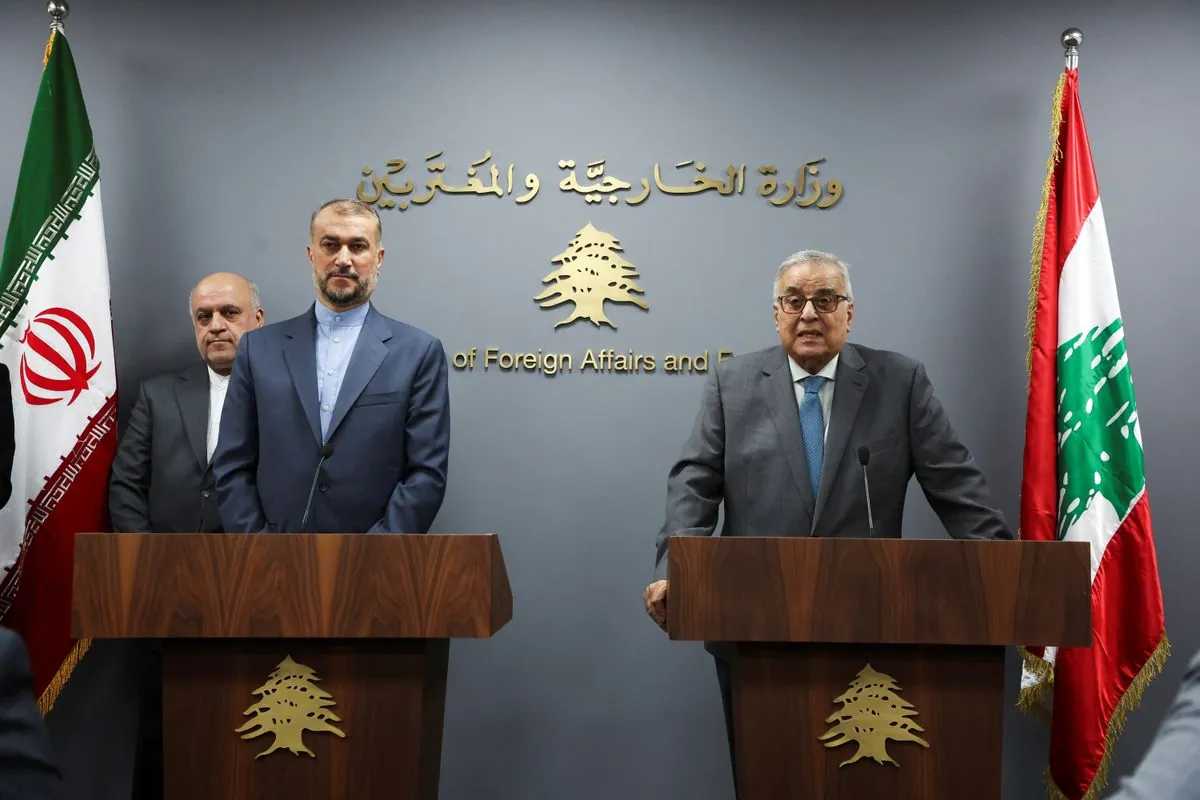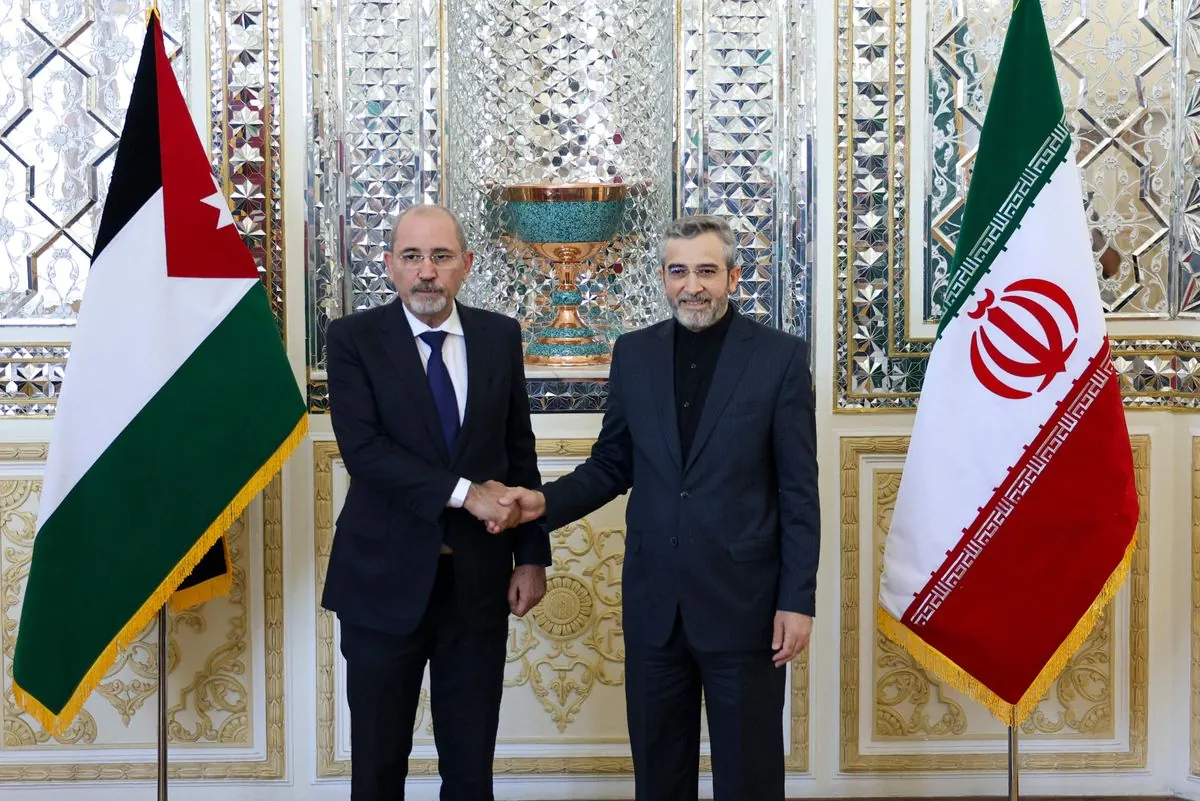Iran Sets Conditions for Lebanon Ceasefire, Ties It to Gaza
Iran's foreign minister outlines terms for Lebanon ceasefire during Beirut visit. Support hinges on Hezbollah approval and simultaneous Gaza truce, underscoring Iran's regional influence.

Iran has expressed its support for a ceasefire in Lebanon, but with specific conditions, according to statements made by Abbas Araqchi, Iran's foreign minister, during a recent visit to Beirut. This diplomatic move highlights Iran's continued influence in the region, particularly its longstanding support for Hezbollah, which has been a key ally since 1982.
Araqchi outlined three main prerequisites for Iran's backing of a ceasefire:
- Acceptance by the Lebanese people
- Approval from the resistance (referring to Hezbollah)
- Synchronization with a ceasefire in the Gaza Strip
The mention of Gaza underscores the interconnected nature of conflicts in the Middle East. The Gaza Strip, under blockade since 2007, has been a focal point of regional tensions. Its high population density and ongoing conflicts have made it a humanitarian concern.
Araqchi's presence in Beirut "in these difficult circumstances" was presented as evidence of Iran's support for Lebanon and its Shi'ite community. This aligns with Iran's foreign policy, which often focuses on supporting Shi'a communities across the Middle East.
"We support efforts for a ceasefire on the condition that it would be acceptable to the Lebanese people, acceptable to the resistance, and thirdly, it would be synchronized with a ceasefire in Gaza."
Lebanon's complex political landscape, based on a confessional system that divides power among religious communities, has been influenced by various regional actors, including Iran. The country has experienced multiple periods of unrest since its independence in 1943, including a devastating civil war from 1975 to 1990.
Iran's support for Hezbollah, a Shi'a Islamist political party and militant group, has been a source of tension with Western countries and Israel. This relationship is part of Iran's broader "Axis of Resistance" strategy, aimed at countering Western influence in the region.

The ongoing conflict between Israel and Hezbollah, which has persisted since the 1980s, continues to shape regional dynamics. Hezbollah's involvement in the Syrian Civil War, supporting the government of Bashar al-Assad, has further complicated the geopolitical situation.
Lebanon's strategic location, sharing borders with Syria and Israel, has made it a focal point for regional politics. The United Nations Interim Force in Lebanon (UNIFIL) has been present in the country's south since 1978, attempting to maintain stability in the area.
As of 2024, Lebanon faces significant economic challenges, including a financial crisis that began in 2019. The country's population of approximately 6.8 million continues to grapple with the repercussions of regional conflicts and internal strife.
Iran's role in the region has been controversial, with the country facing various international sanctions due to its nuclear program and regional activities. However, its influence in Lebanon has grown significantly since the 1979 Islamic Revolution.
The proposed ceasefire and Iran's conditions reflect the complex web of alliances and conflicts in the Middle East. As regional powers continue to exert their influence, the prospect of lasting peace remains uncertain, with any potential resolution likely requiring a delicate balance of local, regional, and international interests.


































